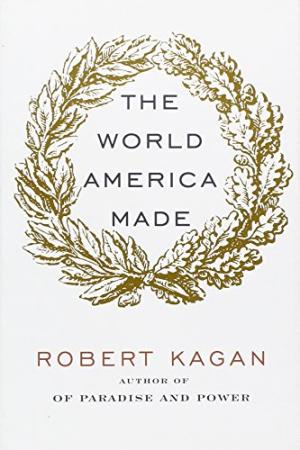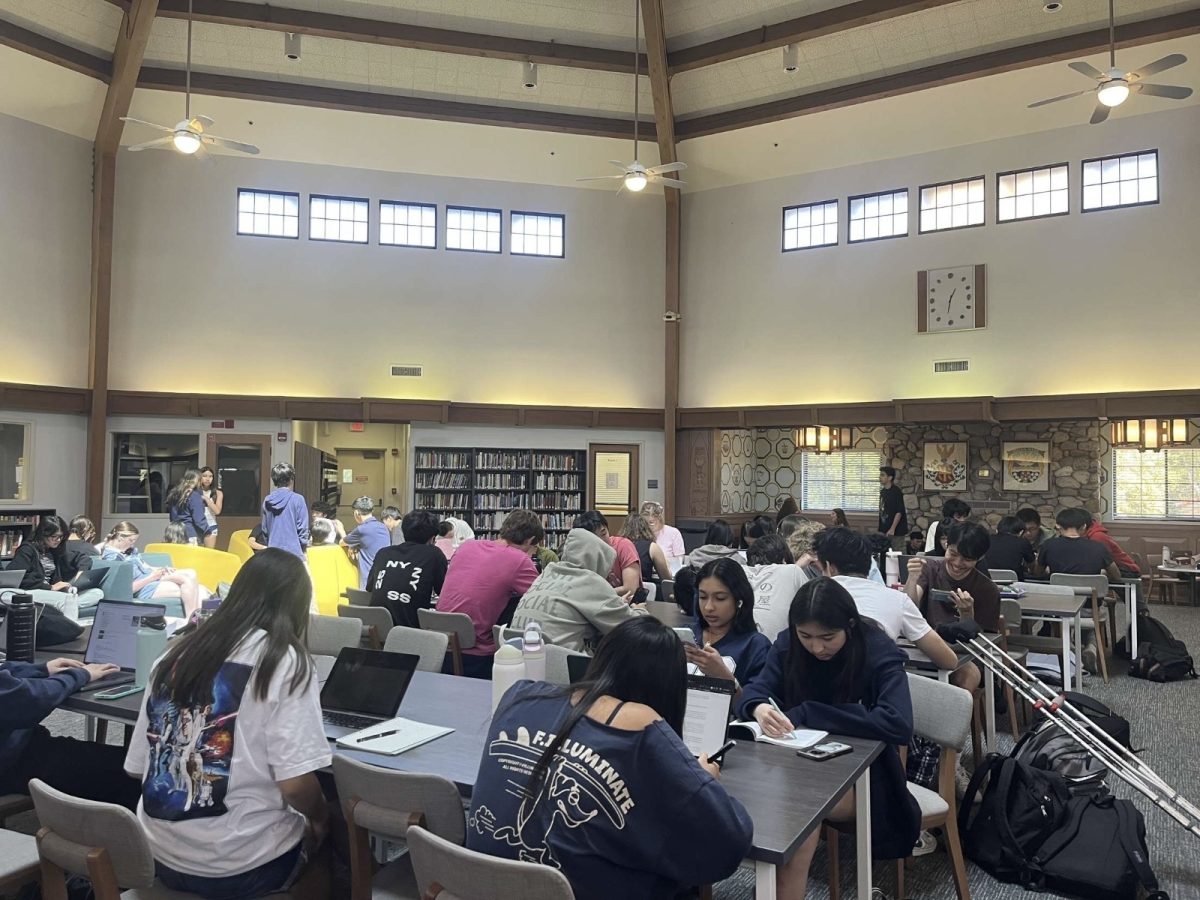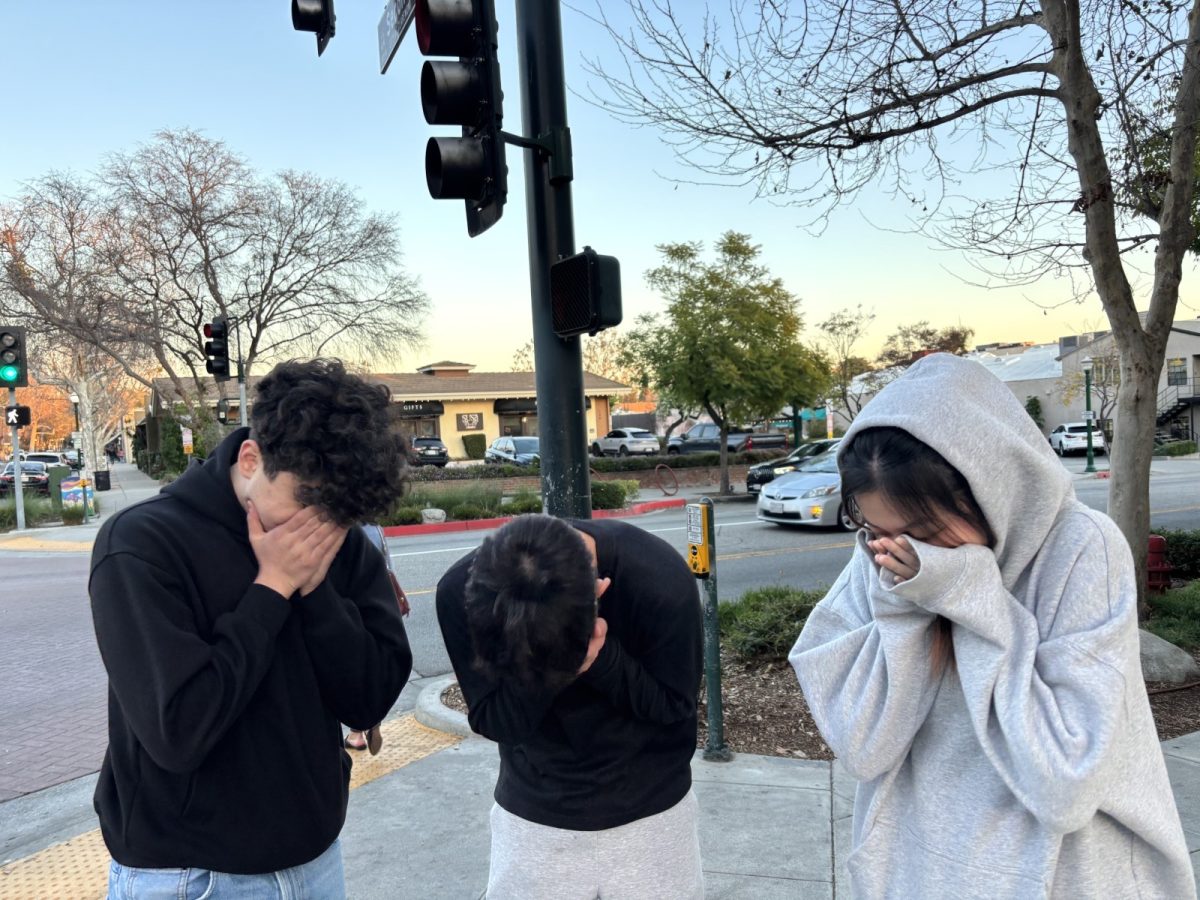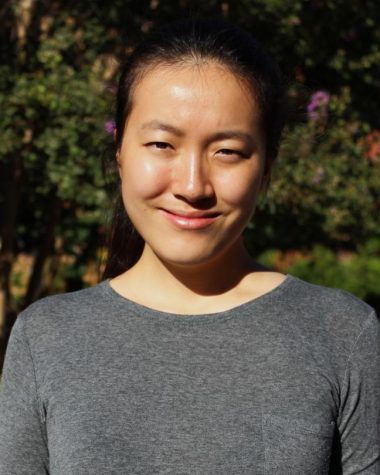
Robert Kagan is a sophisticated scholar on foreign relations. His 2012 work, The World America Made, transcends ideological boundaries between conservatives, liberals, idealists, realists, and pragmatists. His foreign policy stems from not a set ideology, but from boundless observations of history, the nature of diplomacy, and the essence of the international system.
Since the end of the Cold War, liberal democracy has been the central major ideology in the United States, characterized by its promotion of ideologies of democracy, free market, capitalism, and human rights. As most of the Western world endorses liberal democracy and countries from Africa to the Middle East all convert to democracy, the world witnesses the so-called liberal democratic order.
Francis Fukuyama, a renowned American political scientist at Stanford University, argued in his famous piece “The End of History” that liberal democracy is the inevitable end of history. The nature of human beings change, and the arc of history bends towards liberalism and democratic ideals.
However, Robert Kagan, in opposition to Francis Fukuyama, holds an entirely opposite view. “History shows that world orders, including our own, are transient. They rise and fall…History tells us that there is nothing inevitable about a liberal international economy…It is a choice, and it is also an imposition…”
Kagan views the liberal democratic order as an imposition of the dominant United States’ influence in the world. If the United States no longer holds its superpower status, the international order will gradually no longer reflect the characteristics and interests of its strongest power.
Kagan, in a speech given to the William Buckley Program at Yale University, mentions that there is the Greek order, the Roman order, the European order, the Chinese order…” Each order rises and falls. The Chinese order is marked by kowtow and regional deference to the emperor during the prosperous Tang dynasty. The European order before World War I is characterized by colonization of Africa, Latin America, and the scramble for the rest of the world.
The billion-dollar question is whether the United States order after World War II is a universal order. It can be a Western order with its promises on liberal democracy and economics, but can liberal democracy happen in China and Russia with their hyper-nationalist stances?
Kagan argues that the foundation of liberal democracy is crumbling. It contains an irresolvable tension “between universalism, the belief that every human being must be allowed to exercise his or her individual rights, and individualism, the belief that among those rights is the right to be left alone.” As much as the United States wants to make liberal democracy the universal order, ideals of self-determination and individualism undermine the universality of democracy.
When traces of fascism and populism reappear center stage in the 21st century, it is important to not to believe in the sugar-coated notion that history bends towards freedom, democracy, and liberalism. As Kagan says, “It turns out that human beings yearn not only for freedom, autonomy, individuality, and recognition. Especially in times of difficulty, they also yearn for security, order, and a sense of belonging to something larger than themselves.”
After World War I and the Treaty of Versailles, Hitler and Mussolini also dominate the political stage. Clearly, people’s yearnings might not always lead to progress, democracy, and liberalism. But, they might yearn for the prestige of the past, exclusive nationalism, selective populism, and discriminatory practices.
The forum also explores the differences and convergence between liberalism and democracy. Dylan John Riley, Professor of Sociology at U.C. Berkeley, talked about how liberalism refers to procedures of democracy whereas democracy depends on popular sovereignty. Democracy is based on the popular sentiments, but, democracy also diverges from populism. In order to protect our democracy, we have to not only denounce populism but also seize upon popular sentiments and channel them to progressive causes.
Robert Kagan’s works will definitely ring a bell in today’s day and age of populism……














